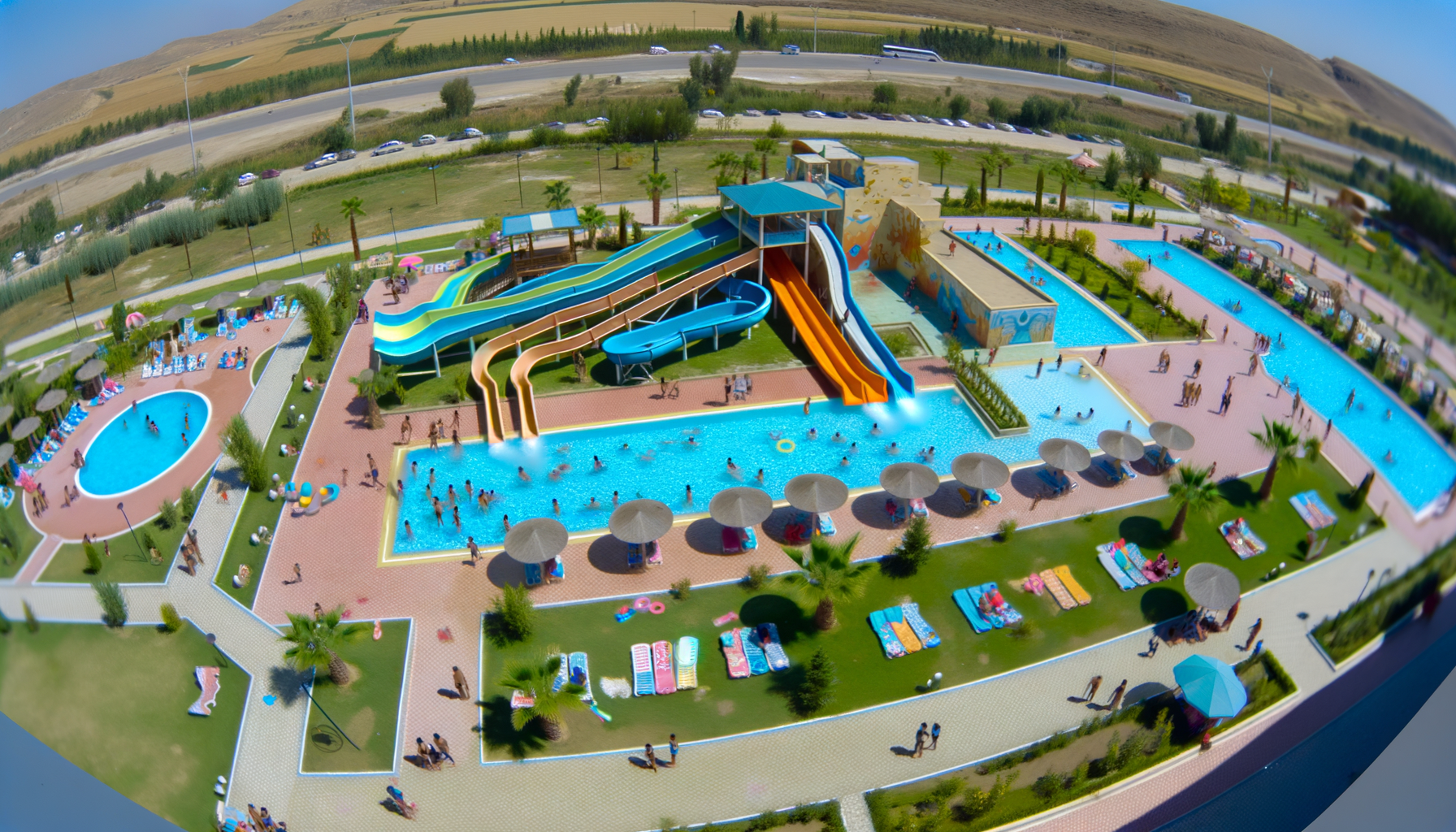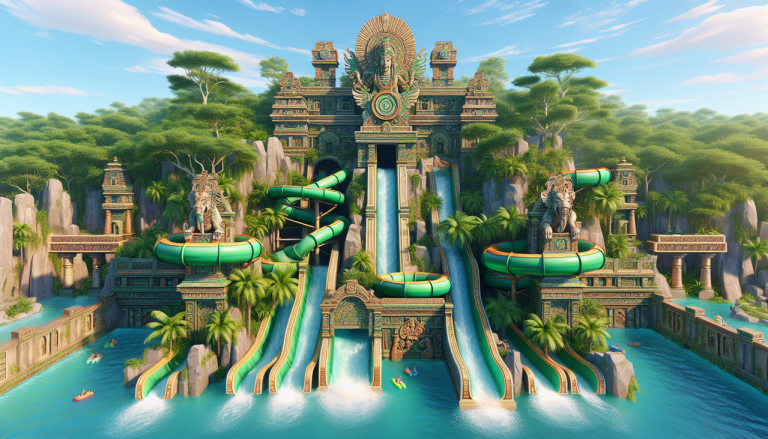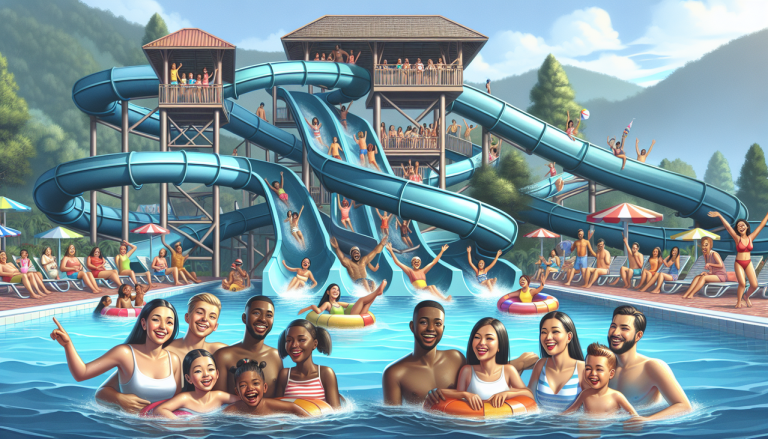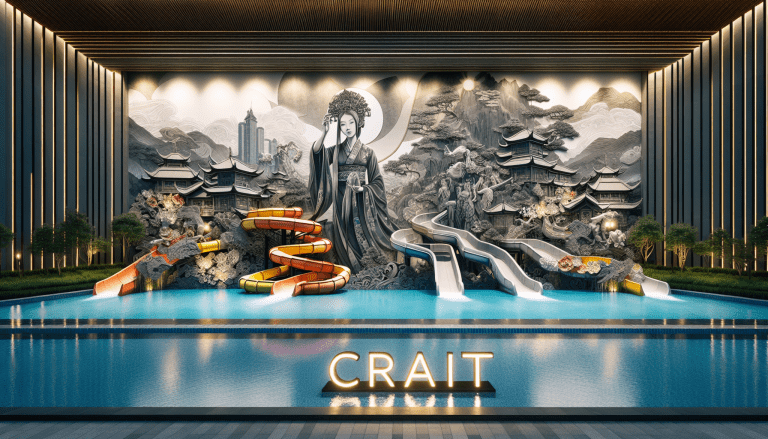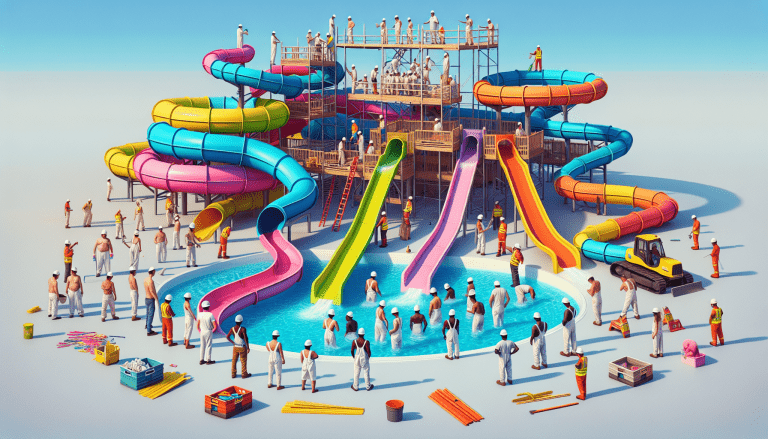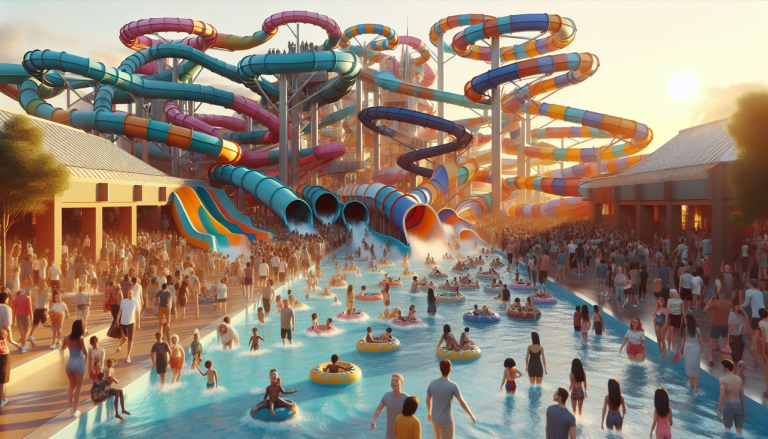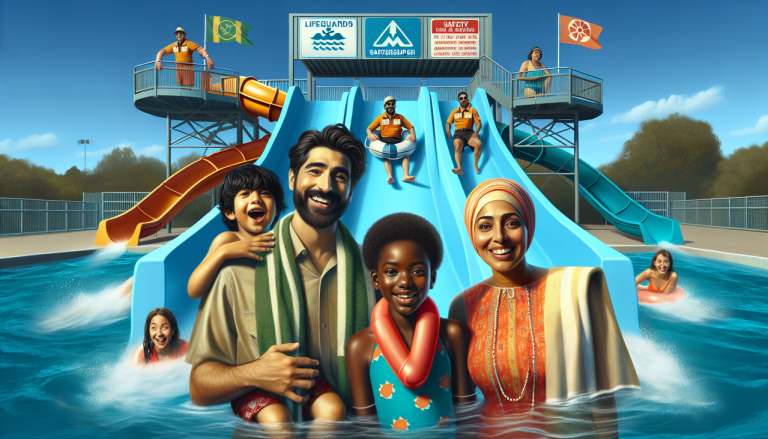Optimal Development Models for Water Parks
Audio:
Text:
During hot summers, people gravitate towards water-related attractions for relief. The rise of water park development caters to this demand, presenting itself as a masterpiece in summer destinations. For investors in water park projects, choosing the right development model is crucial. Drawing from extensive experience, we have identified two development models that align well with the current stage of water park projects.
Operation Mode Selection for Water Park Development
When considering the operation mode, two options stand out for water park projects: independent operation and non-independent operation as a supporting water park. Independent operation suits large tourist attractions with multiple attractions like tourist complexes and expansive resorts. As a core feature of such attractions, standalone water parks boast significant scale, numerous facilities, water slides, and systems that can function autonomously. On the other hand, non-independently operated supporting water parks are ideal for smaller to medium-sized tourist spots, amusement parks, theme parks (e.g., Sea World), resort hotels, and residential communities. These water parks do not require independent operation and serve as complementary projects.
Cultural Connotation and Landscape Characteristics in Water Park Development
From the perspective of cultural significance and landscape features, water park projects can be categorised into theme water parks, non-theme water parks, and traditional water parks. Theme water parks represent an innovative approach to water park development, centred around a specific cultural theme. By integrating equipment, landscapes, and activities based on this theme, these parks create immersive and engaging experiences using advanced technology and methods. They offer a modern water entertainment experience with leisure facilities and services. In contrast, traditional water parks lack a specific theme culture embedded in their landscape, equipment, and operations.
Investing in a theme water park requires a keen understanding of its relationship with attractions, particularly in terms of site selection and interaction with other features. The success of a theme water park project hinges on the fusion of themed and creative activities, innovative landscapes, and adaptable marketing strategies.
Lanchao Water Park Equipment Manufacturer has secured over 60 patents, establishing itself as the industry’s first national high-tech enterprise with top-tier tourism planning and design qualifications. Recognised as the sole Chinese water park equipment manufacturing brand endorsed by CCTV Quality, Lanchao offers unparalleled expertise in water park development, operation modes, and cultural connotations. For further insights, feel free to explore Lanchao’s offerings.
